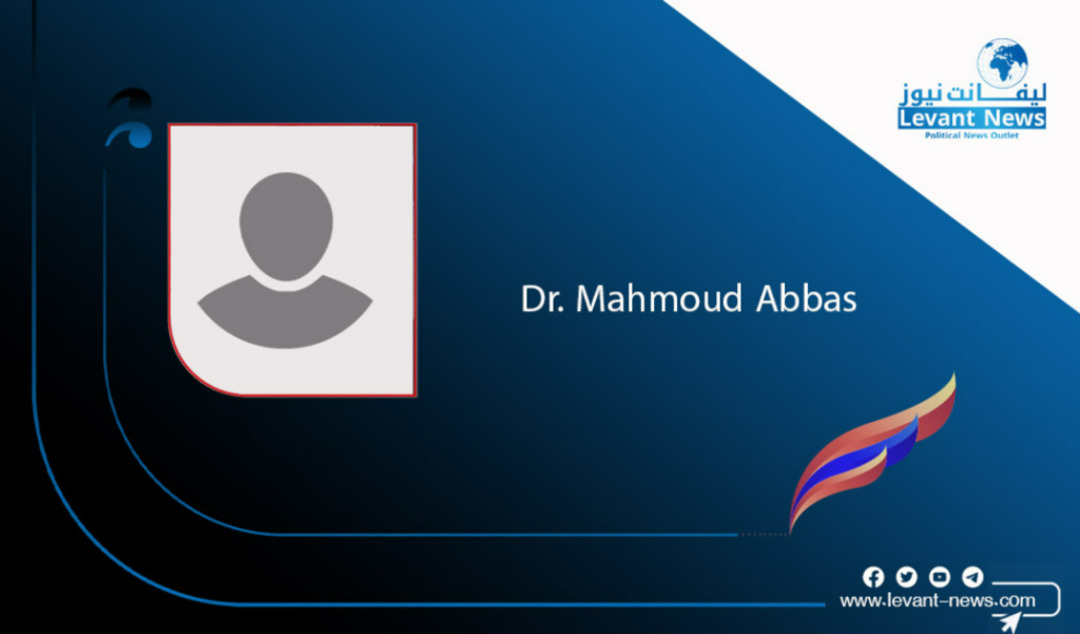-
Has begging become a Kurdish identity?

Have the Kurds become accustomed to begging so that we can rejoice in what others grant us and be indifferent to what we produce from ourselves? This question imposes itself in light of what we have seen from some Kurdish party leaders—not political figures—clapping for the step taken by the Joulani government to introduce the Kurdish language into some parts of radio and television.
The paradox is that these very same individuals were among the fiercest opponents of the autonomous administration, even fighting it with all means at their disposal, despite the fact that it provided what no one else did: comprehensive curricula from the first grades to universities, fully dedicated channels for the Kurdish language, and the establishment of a solid cultural and academic infrastructure that made Kurdish a cornerstone of identity and knowledge. Yet today, we see them applauding superficial media favors from a government that opposes the Kurds and their cause under various pretexts, with clear intentions.
It is not unlikely that the inclusion of the Kurdish language in this manner is similar to Erdogan’s government’s step when it established a Kurdish channel, which was not aimed at recognition or support, but at distorting the Kurdish language and folklore and spreading the culture of the Justice and Development Party among Kurds in their language. Today, I do not rule out that Joulani’s government might use it to promote a hateful, Takfiri culture and turn it into a platform to attack the Kurds themselves and try to sow discord among them.
If there is genuine recognition of the Kurdish language, it must be at the core of the state constitution, accompanied by an explicit recognition of the Kurdish people and their rights. Kurdish should be recognized as a second language along with its curricula, and what the autonomous administration has achieved in this field at least should be acknowledged. Local authorities should be given the necessary powers to solidify these achievements on the ground. As for what is happening today, unilaterally and superficially in the media, its outcomes will inevitably be disastrous.
The cheers of some Kurdish leaders for this step are nothing but evidence of narrow political vision and a lack of national awareness. Perhaps it is also a spiteful reaction to what the autonomous administration has achieved over fourteen years of institutional work in building a solid Kurdish linguistic and educational culture. Instead of defending the genuine accomplishments built by the Kurds through their efforts, they prefer to chase after crumbs, presented in a context that is likely to be hostile and suspicious.
Dr. Mahmoud Abbas
You May Also Like
Popular Posts
Caricature
opinion
Report
ads
Newsletter
Subscribe to our mailing list to get the new updates!





















